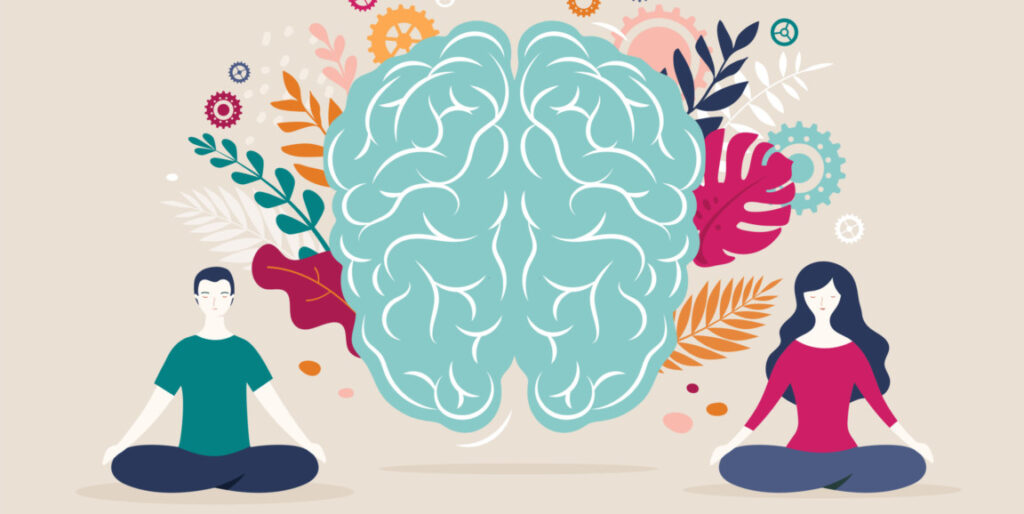In today’s fast-paced world, the pursuit of inner peace and mental well-being has become increasingly crucial. Mental health counseling services play a pivotal role in facilitating this journey towards serenity. Effective counseling goes beyond just providing a listening ear it involves a multifaceted approach tailored to the individual’s needs, fostering growth, resilience, and self-awareness. First and foremost, effective mental health counseling begins with creating a safe and supportive environment. Clients must feel comfortable and secure in sharing their thoughts, emotions, and experiences without fear of judgment. A skilled counselor cultivates empathy and trust, establishing a therapeutic alliance that forms the foundation of the counseling process. Through active listening and validation, counselors acknowledge the client’s feelings and experiences, validating their struggles and fostering a sense of acceptance. Furthermore, effective counseling involves collaboration between the counselor and the client. Rather than adopting a one-size-fits-all approach, counselors tailor their interventions to meet the unique needs and goals of each individual.

This collaborative approach empowers clients, allowing them to actively participate in their healing journey. By involving clients in goal-setting and decision-making, counselors promote autonomy and self-efficacy, enhancing the effectiveness of the counseling process. In addition to individualized interventions, effective mental health counseling services incorporate evidence-based techniques and interventions and browse this site https://districtcounseling.center/tomball/. Drawing from a diverse range of therapeutic modalities such as cognitive-behavioral therapy CBT, mindfulness-based interventions, and psychodynamic approaches, counselors equip themselves with a versatile toolkit to address various mental health concerns. By integrating techniques backed by empirical evidence, counselors ensure that their interventions are both effective and informed by the latest research in the field of psychology. Moreover, effective counseling extends beyond symptom management to holistic well-being. Rather than merely addressing surface-level symptoms, counselors delve deeper to uncover the underlying factors contributing to the client’s distress. By exploring the interconnectedness of the mind, body, and spirit, counselors facilitate holistic healing, addressing the root causes of psychological distress and promoting long-term resilience and well-being.
Furthermore, effective mental health counseling services prioritize cultural competence and sensitivity. Counselors recognize the influence of cultural factors on an individual’s worldview, values, and coping mechanisms. By embracing cultural humility and adopting a culturally sensitive approach, counselors create a space that honors and respects the diversity of human experience. Cultural competence ensures that counseling interventions are tailored to the client’s cultural background, promoting inclusivity and enhancing the effectiveness of the counseling process. Effective mental health counseling services are characterized by a holistic, client-centered approach that prioritizes empathy, collaboration, and evidence-based practice. By creating a safe and supportive environment, tailoring interventions to meet individual needs, and integrating diverse therapeutic modalities, counselors empower clients to embark on a journey towards inner peace and well-being. Through a commitment to cultural competence and sensitivity, counselors ensure that their services are accessible and inclusive to individuals from all walks of life. Ultimately, finding serenity within is not just a destination but a transformative process guided by the skilled hands and compassionate hearts of mental health counselors.
